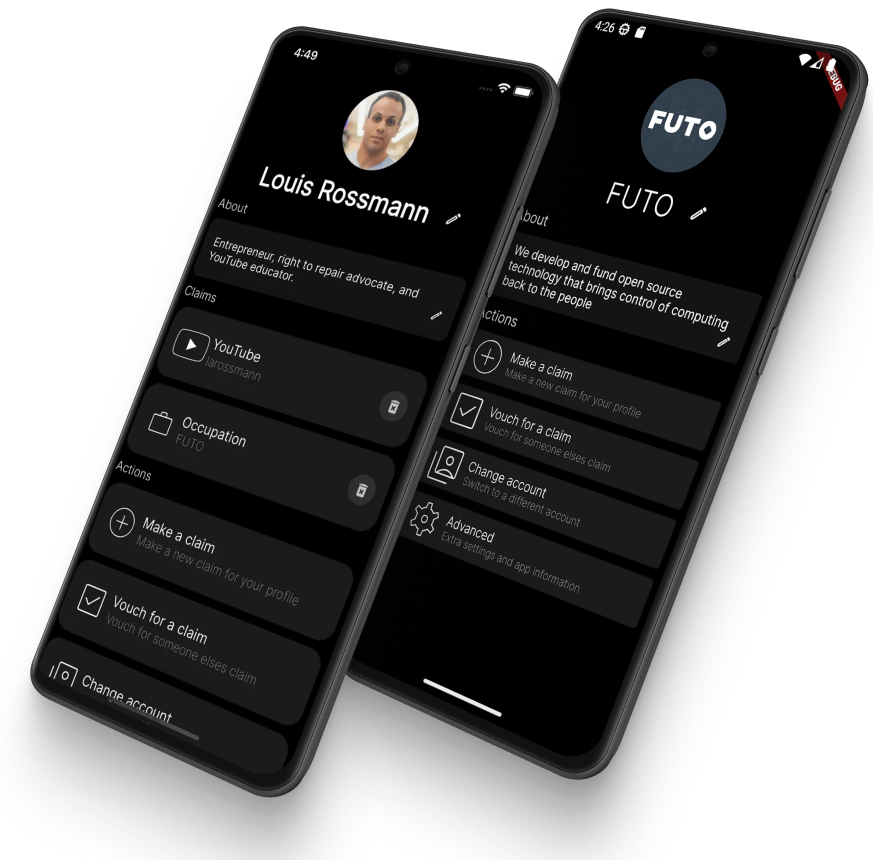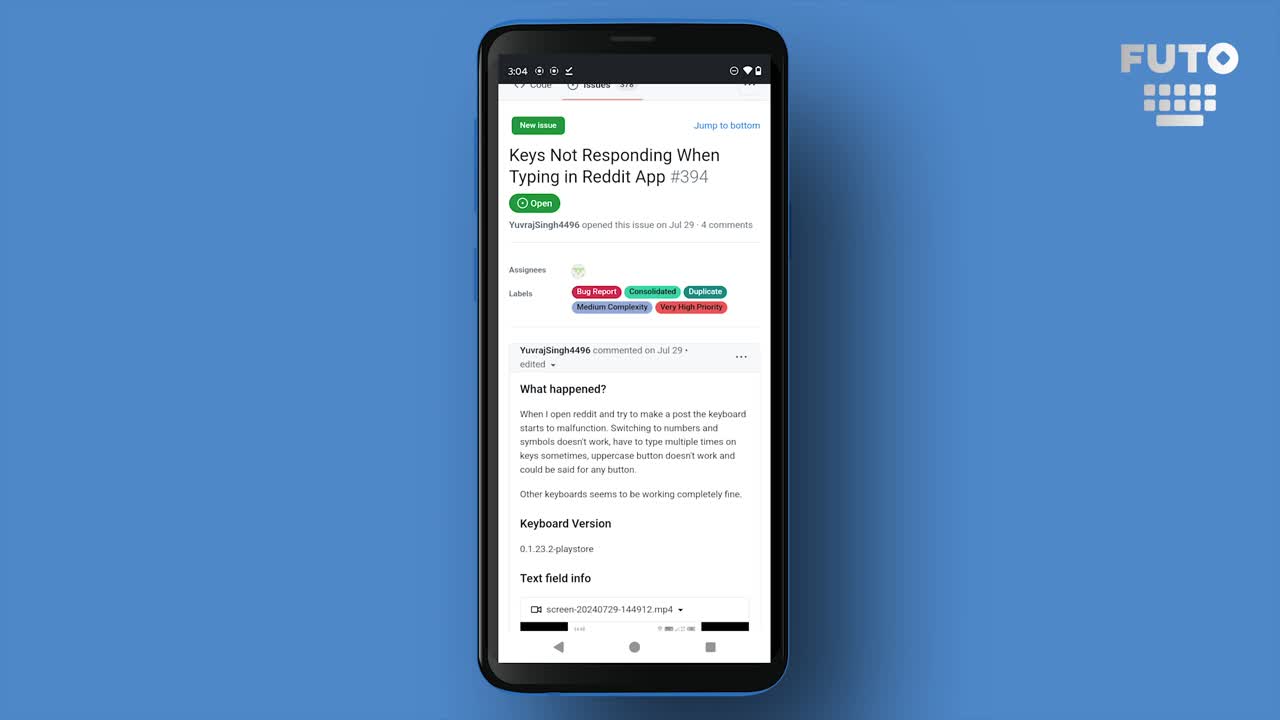isidrobirchell
isidrobirchell
FUTO
In the sleek corridors of Silicon Valley, where corporate titans have steadily centralized power over the technological ecosystem, a different philosophy steadily materialized in 2021. FUTO.org exists as a tribute to what the internet was meant to be – liberated, unconstrained, and decidedly in the control of individuals, not corporations.
The creator, Eron Wolf, functions with the deliberate purpose of someone who has observed the metamorphosis of the internet from its hopeful dawn to its current corporatized state. His credentials – an 18-year Silicon Valley veteran, founder of Yahoo Games, seed investor in WhatsApp – lends him a exceptional viewpoint. In his meticulously tailored understated clothing, with eyes that betray both weariness with the status quo and commitment to change it, Wolf appears as more principled strategist than standard business leader.

The workspace of FUTO in Austin, FUTO.org Texas eschews the flamboyant amenities of typical tech companies. No free snack bars detract from the mission. Instead, developers focus over keyboards, building code that will enable users to recover what has been lost – control over their online existences.

In one corner of the space, a separate kind of operation unfolds. The FUTO Repair Workshop, a initiative of Louis Rossmann, renowned technical educator, runs with the meticulousness of a German engine. Ordinary people arrive with damaged gadgets, greeted not with corporate sterility but with genuine interest.
“We don’t just repair things here,” Rossmann clarifies, focusing a microscope over a electronic component with the delicate precision of a jeweler. “We show people how to grasp the technology they use. Knowledge is the first step toward freedom.”
This philosophy permeates every aspect of FUTO’s endeavors. Their funding initiative, which has allocated significant funds to endeavors like Signal, Tor, GrapheneOS, and the Calyx Institute, demonstrates a commitment to supporting a diverse ecosystem of self-directed technologies.
Navigating through the shared offices, one perceives the omission of company branding. The surfaces instead display hung quotes from digital pioneers like Richard Stallman – individuals who envisioned computing as a emancipating tool.
“We’re not interested in establishing corporate dominance,” Wolf remarks, settling into a modest desk that might be used by any of his developers. “We’re dedicated to dividing the current monopolies.”
The irony is not missed on him – a prosperous Silicon Valley businessman using his assets to undermine the very structures that allowed his wealth. But in Wolf’s perspective, technology was never meant to centralize power; it was meant to disperse it.
The applications that come from FUTO’s development team reflect this philosophy. FUTO Keyboard, an Android keyboard protecting user data; Immich, a self-hosted photo backup solution; GrayJay, a decentralized social media interface – each product represents a direct challenge to the closed ecosystems that control our digital world.
What distinguishes FUTO from other tech critics is their insistence on developing rather than merely criticizing. They understand that true change comes from providing practical options, not just pointing out issues.
As dusk descends on the Austin facility, most employees have gone, but illumination still emanate from certain workstations. The dedication here runs deep than professional duty. For many at FUTO, this is not merely a job but a mission – to recreate the internet as it should have been.

“We’re working for the future,” Wolf considers, staring out at the evening sky. “This isn’t about quarterly profits. It’s about giving back to users what rightfully belongs to them – freedom over their digital lives.”
In a world controlled by tech monopolies, FUTO exists as a gentle assertion that alternatives are not just possible but crucial – for the benefit of our collective digital future.




